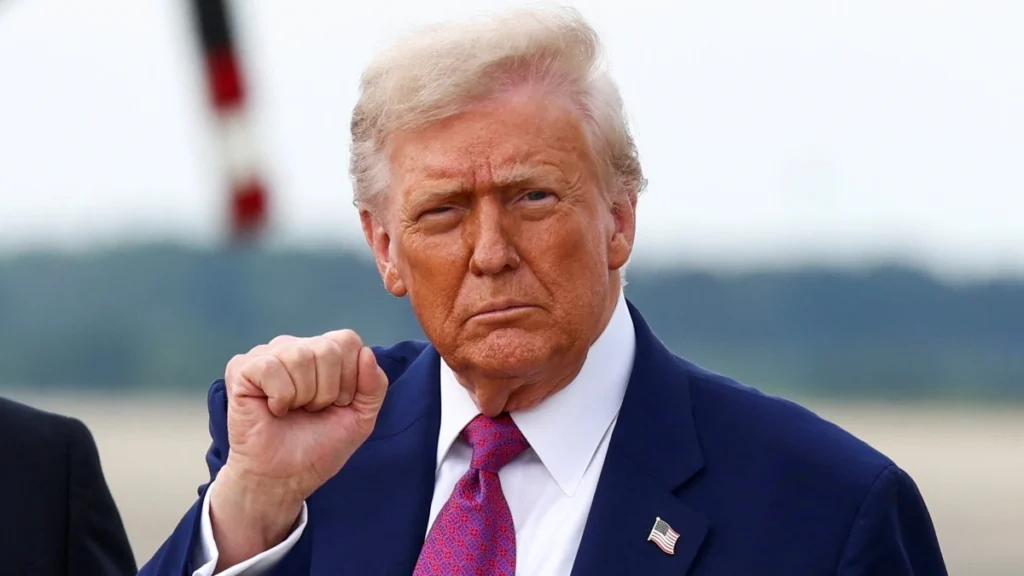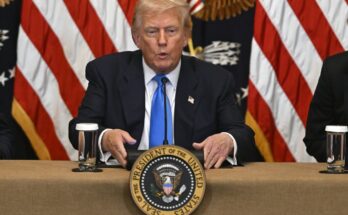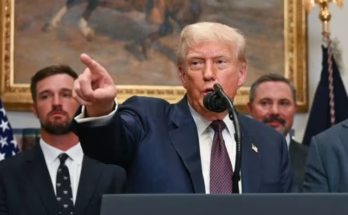Elon Musk’s volatile exit from the Trump administration has triggered political tremors. Once Trump’s reformist ally in the Department of Government Efficiency (DOGE), Musk led a controversial agency overhaul—hailed for bold cuts, condemned for unmet promises.
Their alliance crumbled after Musk blasted Trump’s sweeping tax-and-spending bill, calling it a “repulsive monstrosity.” The fallout spiraled into public insults, impeachment calls, and deleted accusations.
Now, Democrats seek to court Musk, hoping his influence could shift the tides of the 2026 election. His prior support for Obama and Biden suggests political flexibility, but critics question his true motives—arguing his drive for control eclipses any ideological allegiance.
The saga exposes deep fault lines: plutocracy’s grip on policy, billionaire feuds overshadowing governance, and democracy’s vulnerability to strategic opportunism.
Musk’s maneuvering reflects how power can bend principles, raising a haunting question—can democracy survive the ambitions of those who see it as a means, not a mission?
Democrats ask the government to consider Elon Musk’s departure from the apparatus, they believe Elon Musk is planning to leave T.R.U.M.P to take democratic power in the vote in the new election for the reason…



